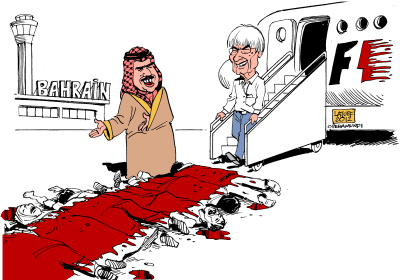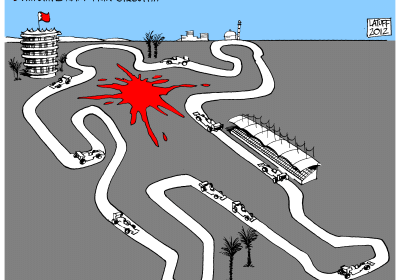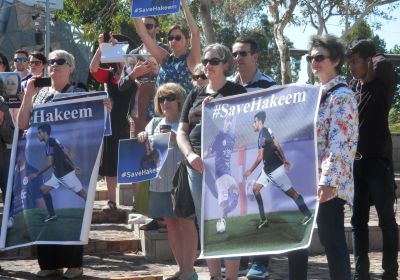
The campaign to stop the refoulment of refugee Hakeem al-Araibi from Thailand to Bahrain is growing, with many football authorities taking a stand.

The campaign to stop the refoulment of refugee Hakeem al-Araibi from Thailand to Bahrain is growing, with many football authorities taking a stand.
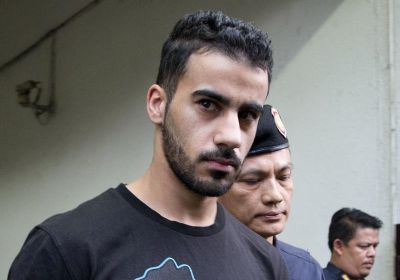
Bahraini refugee Hakeem Al-Araibi has been held in detention in Thailand since last November 27. He faces the terrifying prospect of being deported to the country where he was tortured.
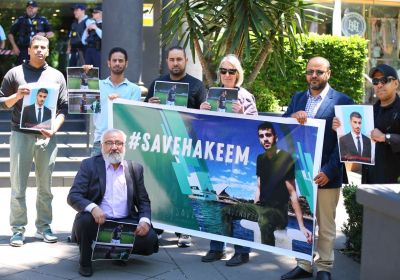
Bahraini refugee Hakeem Al-Araibi has been held in detention in Thailand since November 27, facing the terrifying prospect of deportation to the country where he was tortured.
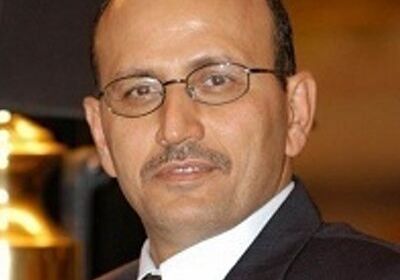
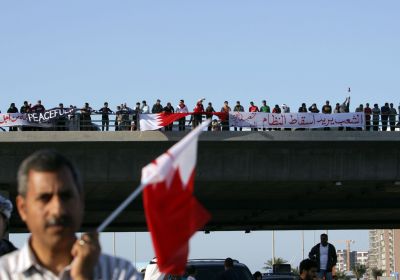
In 2011, when a wave of protest and rebellion swept the Arab world, the monarchical states making up the Gulf Cooperation Council (GCC) were not exempt from the unrest.`
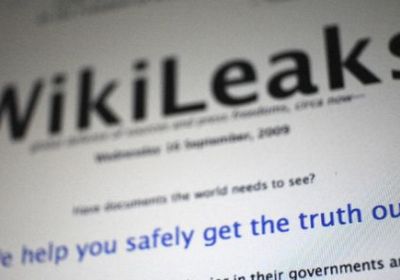
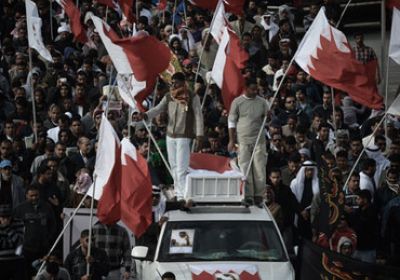
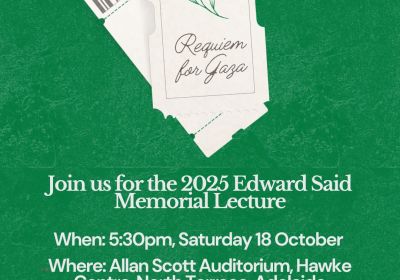
Bahraini democracy activist Zainab Abdulnabi, representing the Bahraini Australian Youth Movement, delivered an impassioned speech at the end of the Sydney May Day march on May 6, 2012
